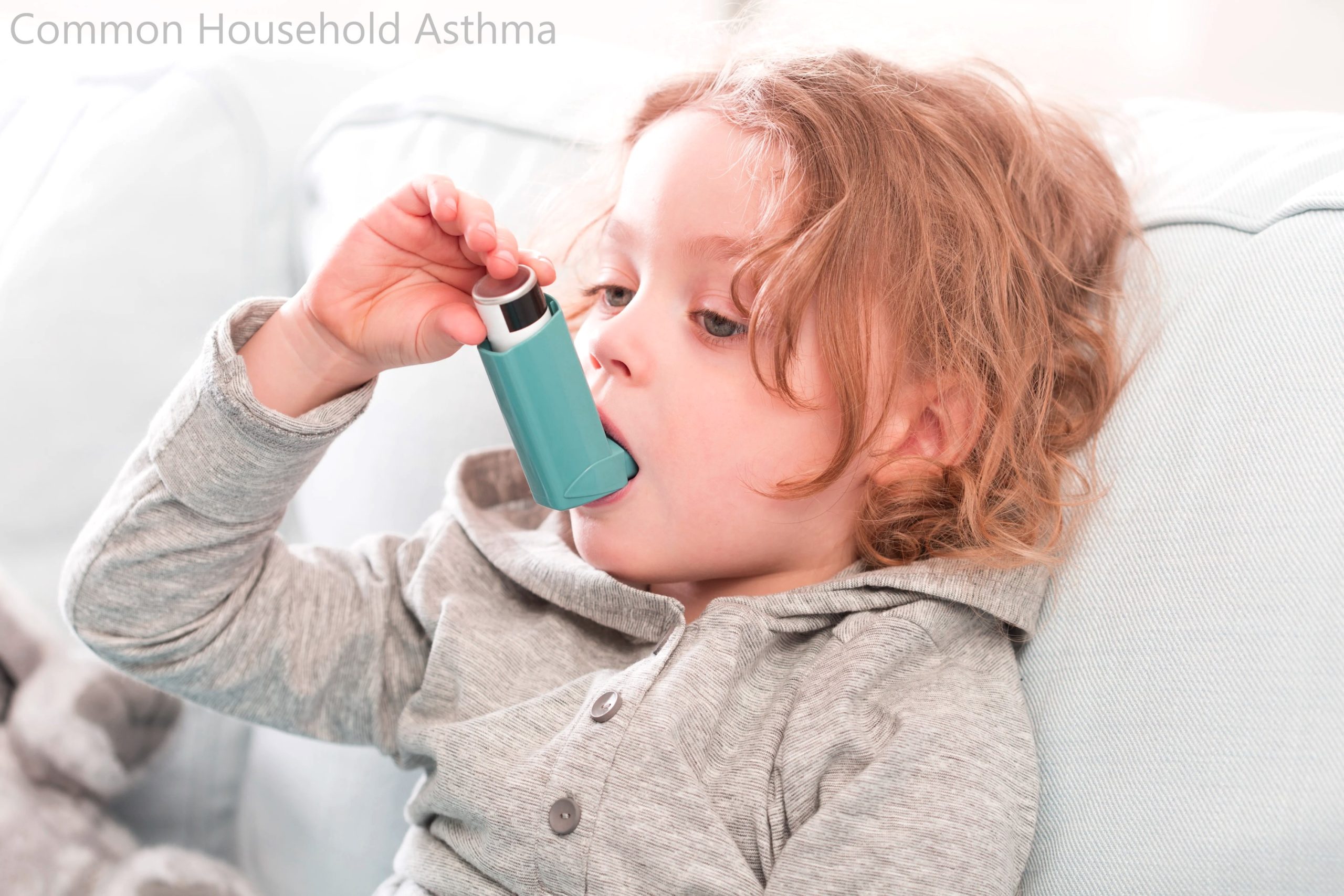Asthma is a chronic respiratory condition characterized by inflammation and narrowing of the airways, leading to symptoms like coughing,
Contents
Introduction to Asthma Triggers
Living with asthma means being vigilant about potential triggers that can exacerbate symptoms. Asthma triggers are substances or conditions that can irritate the airways, leading to inflammation and asthma symptoms. Identifying and avoiding these triggers is essential for managing the condition effectively.
Related: It Could Be More Than a Cold Signs You Shouldn,t Ignore
Common Household Asthma Triggers
Dust Mites
Dust mites are microscopic creatures that thrive in warm, humid environments and feed on dead skin cells. They are a common trigger for asthma and allergies, with their feces and body fragments containing allergens that can provoke respiratory symptoms.
Pet Dander
Pet dander consists of tiny flecks of skin shed by animals such as cats, dogs, birds, and rodents. These allergens can linger in the air and on surfaces, triggering asthma symptoms in susceptible individuals.
Mold and Mildew
Mold and mildew thrive in damp areas like bathrooms, basements, and kitchens. Their spores can become airborne and trigger asthma attacks when inhaled by sensitive individuals.
Tobacco Smoke
Exposure to tobacco smoke, whether firsthand or secondhand, can worsen asthma symptoms and increase the risk of developing the condition. Smoke irritates the airways and can trigger inflammation, making it difficult for asthma sufferers to breathe.
Strong Odors and Perfumes
Strong odors from perfumes, air fresheners, cleaning products, and cooking can irritate the airways and trigger asthma symptoms in some individuals. It’s important to minimize exposure to these irritants, especially in poorly ventilated spaces.
Cleaning Products
Many household cleaning products contain harsh chemicals and fragrances that can aggravate asthma symptoms. Switching to asthma-friendly cleaning products or using natural alternatives can help reduce exposure to these triggers.
Tips for Avoiding Common Household Asthma Triggers
Keeping the Home Clean and Dust-Free
Regular cleaning is essential for reducing dust mites, pet dander, and other allergens in the home. Use a vacuum cleaner with a HEPA filter and damp cloth to trap dust and allergens effectively.
Using Allergen-Proof Bedding
Encase mattresses, pillows, and box springs in allergen-proof covers to prevent dust mites from colonizing these surfaces. Wash bedding in hot water weekly to kill dust mites and remove allergens.
Regularly Grooming Pets and Keeping Them Out of Bedrooms
Bathe and brush pets regularly to minimize shedding and dander accumulation. It’s also advisable to keep pets out of bedrooms and other areas where asthma sufferers spend a lot of time.
Related: Can Turmeric Cure Inflammatory Diseases Like Cancer?
Preventing Mold and Mildew Growth
Address any moisture issues in the home promptly to prevent mold and mildew growth. Use exhaust fans in bathrooms and kitchens, fix leaks, and ensure proper ventilation to keep indoor humidity levels in check.
Creating a Smoke-Free Environment
Avoid smoking indoors and prohibit smoking around individuals with asthma. If you or someone in your household smokes, consider quitting or seeking support to quit smoking for the sake of your respiratory health.
Opting for Fragrance-Free Products
Choose fragrance-free or hypoallergenic personal care products, detergents, and household cleaners to minimize exposure to irritating fragrances and chemicals.
Choosing Asthma-Friendly Cleaning Products
Look for cleaning products labeled as asthma-friendly or certified by reputable organizations like the Asthma and Allergy Foundation of America. These products are formulated to minimize respiratory irritation and are safer for asthma sufferers.
Importance of Indoor Air Quality
Indoor air quality plays a significant role in respiratory health, especially for individuals with asthma. Poor indoor air quality can exacerbate asthma symptoms and contribute to respiratory problems. To improve indoor air quality, consider the following strategies:
- Proper Ventilation: Ensure adequate ventilation in your home by opening windows, using exhaust fans, and installing air purifiers with HEPA filters.
- Regular Maintenance: Keep HVAC systems, humidifiers, and air purifiers well-maintained to prevent the buildup of dust, mold, and other contaminants.
- Air Purification: Use air purifiers equipped with HEPA filters to remove airborne allergens, pollutants, and particles that can trigger asthma symptoms.
- Humidity Control: Maintain indoor humidity levels between 30% and 50% to discourage mold and dust mite growth. Use dehumidifiers in damp areas to control moisture.
- Allergy-Proofing: Minimize exposure to allergens by regularly cleaning and dusting surfaces, washing bedding in hot water, and using allergen-proof covers on mattresses and pillows.
Conclusion
Avoiding common household asthma triggers is essential for managing asthma symptoms and improving overall quality of life. By taking proactive measures to reduce exposure to dust mites, pet dander, mold, tobacco smoke, and other irritants, asthma sufferers can minimize the risk of flare-ups and enjoy better respiratory health.
FAQs
- How can I tell if my home has high levels of indoor allergens?
- You can test indoor air quality using home air quality monitors or consult with an HVAC professional for an assessment.
- Are there natural remedies for controlling asthma triggers?
- Yes, some natural remedies like essential oils and steam inhalation may offer relief, but it’s essential to consult with a healthcare professional before trying them.
- Can air purifiers help reduce asthma triggers in the home?
- Yes, air purifiers with HEPA filters can effectively remove airborne allergens, pollutants, and particles that can trigger asthma symptoms.
- Is it safe for asthma sufferers to have pets?
- While pets can trigger asthma symptoms in some individuals, proper grooming, and keeping pets out of bedrooms can help minimize exposure to pet dander.
- Are there specific types of flooring that are better for asthma sufferers?
- Hard flooring surfaces like hardwood, tile, or laminate are generally better for asthma sufferers as they don’t trap dust and allergens as easily as carpets.

COMMENTS